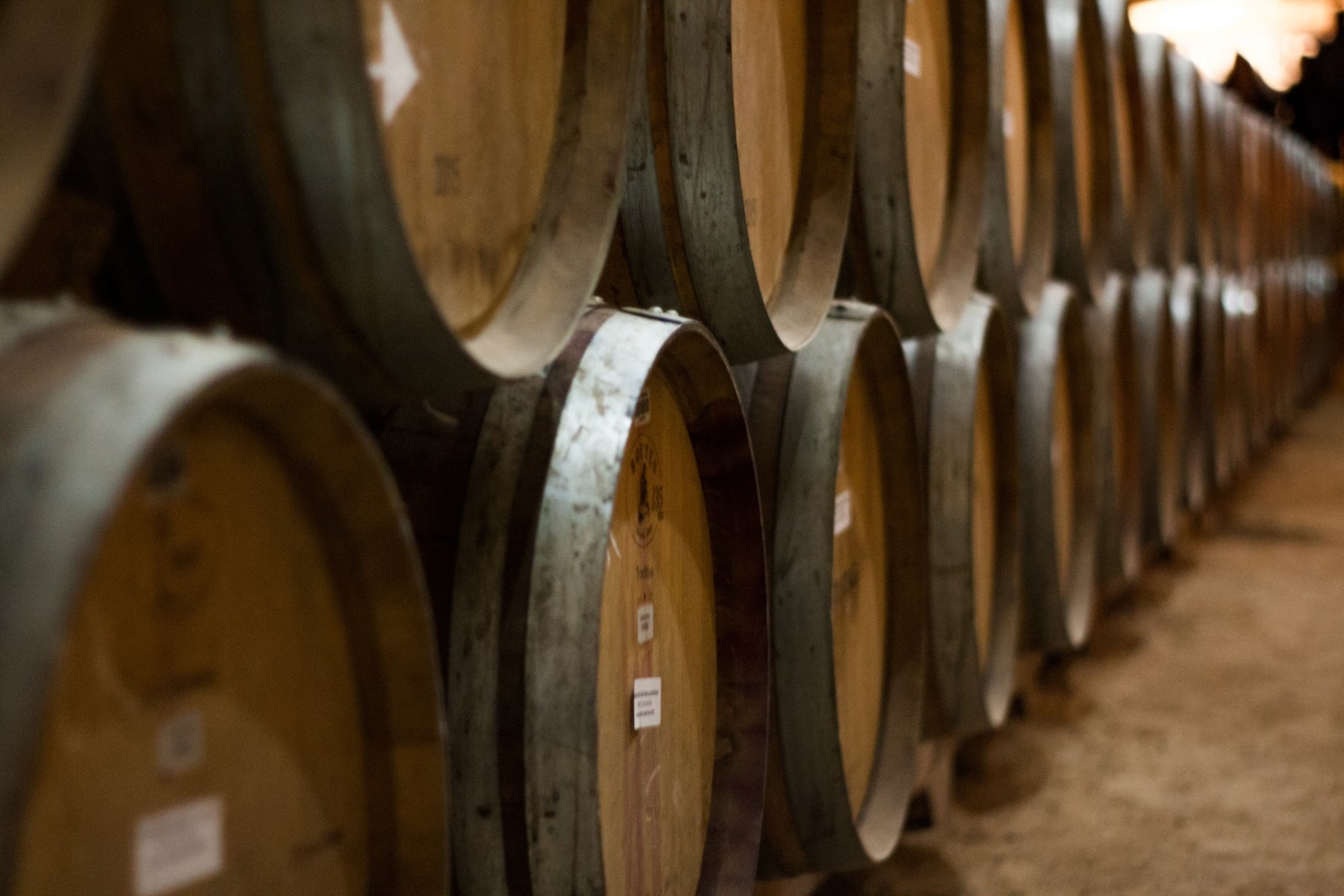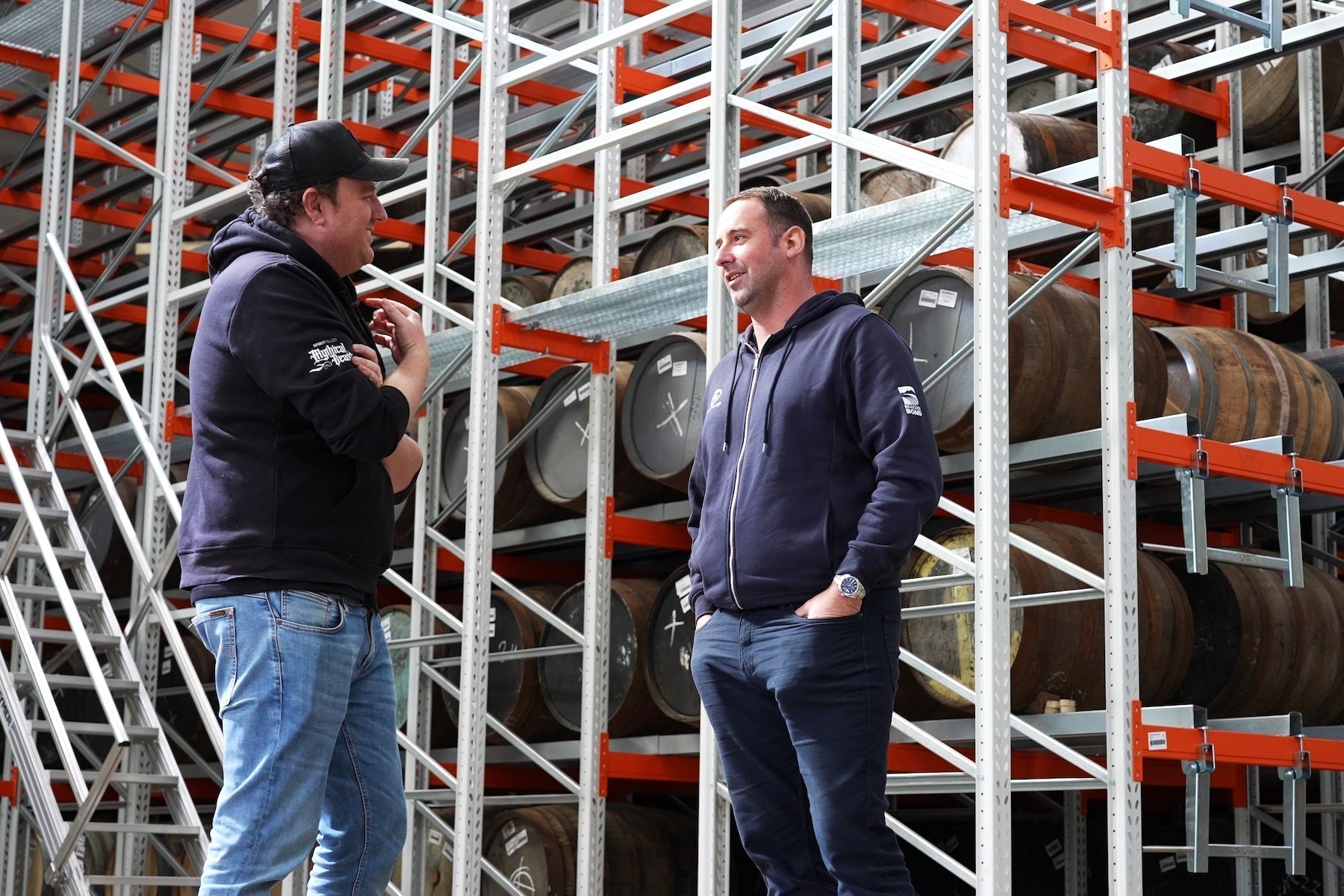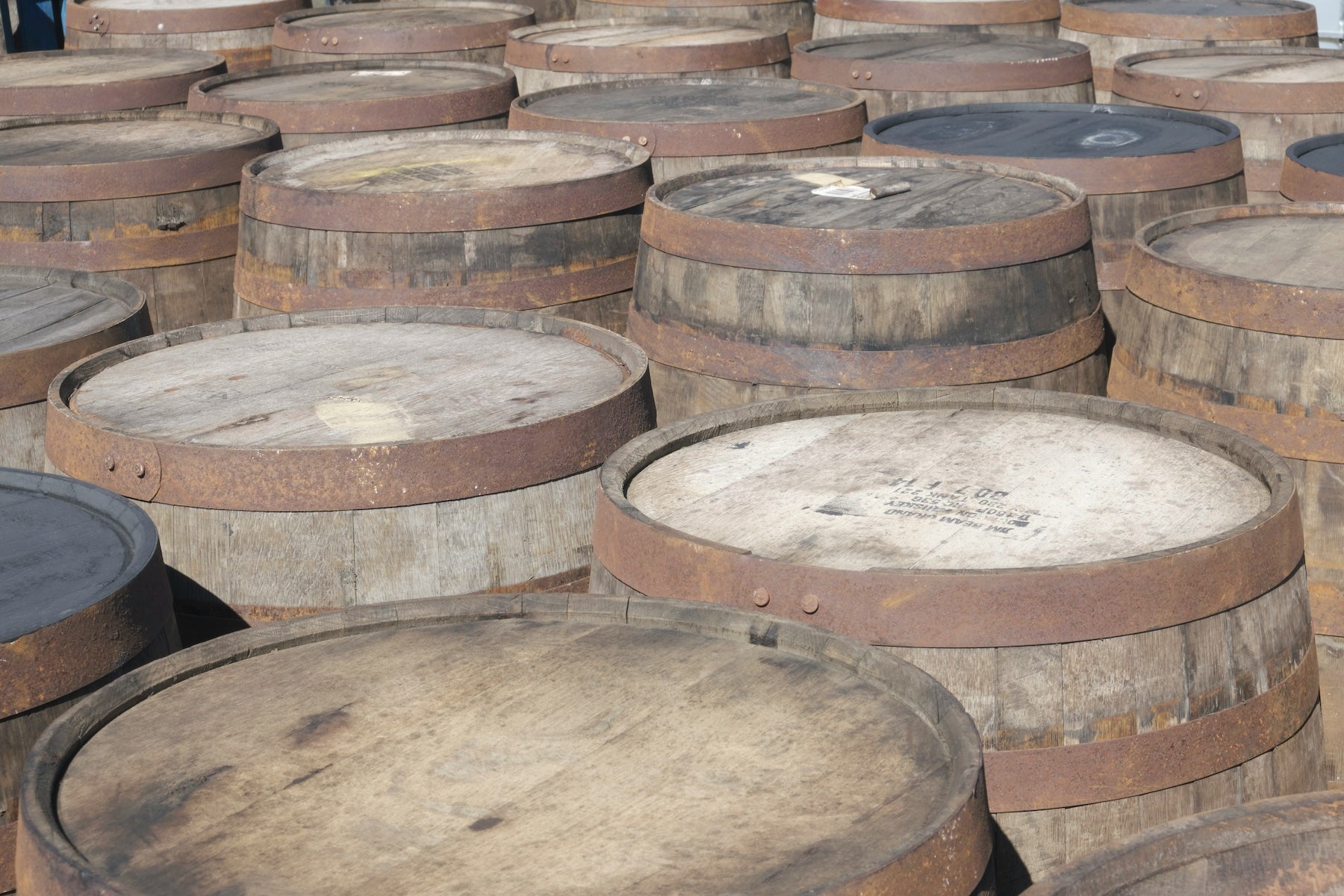
Whisky Investments and Whisky Cask Investment: What You Need to Know
The world of alternative assets is broad and growing - and within it, whisky investments have carved out a distinctive niche. Whether in the form of rare bottles or full maturing casks, whisky offers a tangible and time-based route to diversification. Among the various options available, whisky cask investment has drawn particular attention for its combination of craft, character, and long-term potential.
But as with all investments, whisky casks are not without risk. At Spiritfilled, we believe the key to successful investing lies in clear information, secure storage, and transparent guidance. In this article, we’ll explain how whisky investments work, what makes cask whisky unique, and what to consider before you get started.
Why Consider Whisky Investments?
Whisky is one of Scotland’s greatest cultural exports, and a global business worth billions. Demand continues to rise, particularly across Asia and North America, while aged stock becomes increasingly scarce. This creates favourable conditions for long-term appreciation.
The appeal of whisky as an investment lies in several key traits:
- Tangible asset: Whether bottle or barrel, whisky is a real product. You can see it, taste it, and physically own it.
- Global demand: Mature Scotch whisky is in growing demand around the world—especially from collectors, drinkers, and independent bottlers.
- Low correlation with traditional markets: Whisky doesn’t move with the stock market or real estate cycles, making it an attractive diversifier.
- Emotional return: Unlike most investments, whisky can be bottled, gifted, or enjoyed - offering both financial and personal satisfaction.
However, it’s important to note that whisky investments are unregulated in the UK, and capital is at risk. Past performance and forecasts are not reliable indicators of future results, and fees and terms & conditions apply.
Bottles vs Whisky Cask Investment
There are two primary ways people invest in whisky:
1. Collectible Bottles
This involves buying rare or limited-edition bottles with the intention of reselling them. While this can deliver quick wins in some cases, it’s a highly speculative and volatile market - requiring deep knowledge of releases, auction trends, and packaging condition.
2. Whisky Cask Investment
This involves purchasing full barrels of maturing spirit stored in bonded warehouses. As the whisky ages, the spirit can become more valuable, particularly if it’s from a well-known distillery and maturing in a desirable cask type.
Casks tend to suit longer-term investors, offering the potential for:
- Capital growth over time
- Bottling your own whisky
- Reselling to another investor or bottler
At Spiritfilled, we specialise in whisky cask investment - sourcing high-quality casks, storing them in our bonded site (Braeside Bond), and supporting clients all the way through to sale or bottling.
What Drives the Value of a Whisky Cask?
Several factors influence the future value of a cask:
- Distillery reputation: Casks from famous or cult-favourite distilleries often perform best.
- Age and fill date: Older whiskies are rarer and typically more expensive—though maturation must be monitored to avoid over-ageing.
- Cask type and size: Sherry butts, port pipes, and other seasoned casks can command a premium. First-fill casks may add more flavour than refill ones.
- Strength and volume: Casks lose volume over time due to evaporation (the “angel’s share”), so regular re-gauging is essential to track condition and yield.
- Storage conditions: Casks must be stored in HMRC-compliant bonded warehouses for proper maturation, legal resale, and duty suspension.
That’s why secure, licensed storage is essential. Spiritfilled’s own facility, Braeside Bond, ensures each client cask is properly managed with full insurance, re-gauging, and digital records.
How Do You Make a Return?
There are two common ways to realise value from whisky cask investments:
- Sell the cask to a bottler or private buyer. This may occur after 5–15 years of maturation, depending on your goals and the market.
- Bottle the cask, either for private use or commercial release. Done well, bottling can generate brand and legacy value alongside financial return.
Explore more in our blog: Whisky Cask Investment Returns.
What Are the Risks?
Whisky cask investment offers unique potential, but it also carries real risks:
- Unregulated asset class: Not covered by the FCA or FSCS. Careful due diligence is essential.
- Illiquidity: Casks are not easily or instantly sold. This is a long-term asset.
- Evaporation: Casks lose spirit every year—natural but important to monitor.
- Operator risk: Work only with licensed partners who offer bonded storage and full legal title.
That’s why we offer a free Whisky Investment Guide to help you make an informed decision before you invest.
Getting Started with Spiritfilled
We offer carefully selected casks from respected distilleries, stored under bond at our own warehouse. Our clients benefit from:
- HMRC-bonded storage
- Full insurance and documentation
- Annual cask re-gauging
- Bottling and resale support
Whether you’re investing for growth, legacy, or personal enjoyment, we’re here to help you do it right.
Contact us to explore current opportunities or book a one-on-one consultation.



